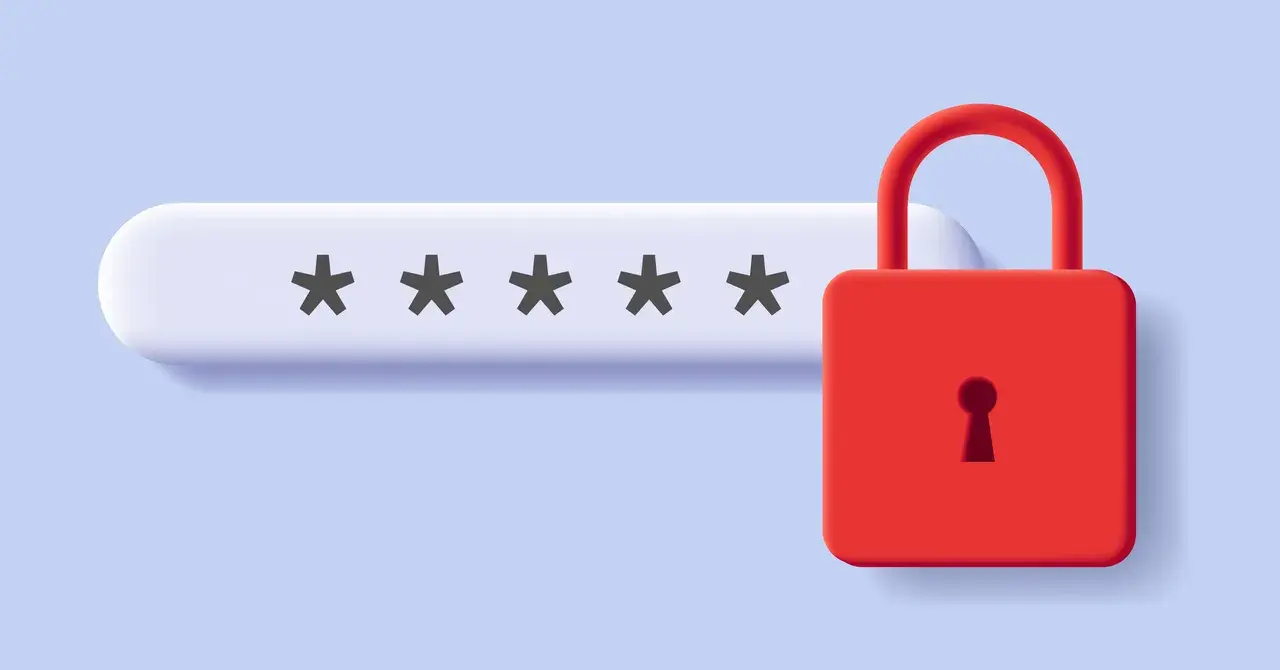In today’s digital landscape, passwords are a security headache. They’re often weak, reused across multiple accounts, and vulnerable to phishing attacks. But what if you could log in without ever needing a password? That’s where passkeys come in.
Passkeys are a next-generation authentication method designed to replace traditional passwords with something far more secure and user-friendly. In this guide, we’ll break down what passkeys are, how they work, their benefits, and how your business can implement them.
What Are Passkeys?
Passkeys are a passwordless authentication solution developed by Apple, Google, and Microsoft as part of the FIDO Alliance. They use cryptographic key pairs to verify your identity, eliminating the need for passwords entirely.
Instead of typing in a password, a passkey allows you to sign in using:
- Biometric authentication (Face ID, Touch ID, Windows Hello)
- A device PIN
- A security key or trusted device
Because passkeys don’t require users to manually enter or remember anything, they are both more secure and more convenient than passwords.
How Do Passkeys Work?
Passkeys are based on public-key cryptography, which means:
- A unique key pair is created when you set up a passkey. One key is stored on your device (private key), and the other is stored by the service you’re logging into (public key).
- When you log in, your device confirms your identity using biometrics or a PIN.
- The service verifies your passkey, ensuring a secure and phishing-resistant login.
This process removes the risks associated with traditional passwords—no more phishing, brute-force attacks, or password leaks.
🔗 Learn more about phishing-resistant MFA and how it protects your business.
Why Are Passkeys More Secure Than Passwords?
Passkeys eliminate common security risks, including:
- Phishing attacks – Since passkeys don’t involve typing anything, cybercriminals can’t trick users into entering credentials on fake sites.
- Password breaches – If a company suffers a data breach, stolen passwords won’t be an issue because passkeys aren’t stored on servers.
- Credential stuffing attacks – Cybercriminals often use leaked passwords to break into multiple accounts. With passkeys, there’s nothing to steal or reuse.
- Weak passwords – Passkeys are automatically generated and ultra-secure, removing the risk of users setting weak or repeated passwords.
🔗 Discover essential cybersecurity practices for small businesses.
Where Can You Use Passkeys?
Many major platforms have already adopted passkeys, including:
- Google Accounts – Passkeys are now the default sign-in option for Google users.
- Apple Devices – iPhones, iPads, and Macs support passkeys across apps and websites.
- Microsoft 365 – Microsoft is rolling out passkey support for Windows and enterprise environments.
- Popular Services – Many banking apps, social media platforms, and e-commerce sites are starting to implement passkeys.
For businesses using Microsoft 365, passkeys can enhance security when paired with identity management tools.
🔗 Learn why upgrading to Microsoft 365 Business Premium improves security.
How to Enable Passkeys for Your Business
Implementing passkeys is straightforward and can significantly strengthen your company’s security posture. Here’s how:
Check Device Compatibility
Ensure employees use modern devices that support passkeys (Windows Hello, Apple Face ID, Android biometrics).
Enable Passkeys in Your Business Applications
Many platforms now offer passkey authentication options in security settings. Businesses should explore passkey support for:
- Microsoft 365 and Azure AD
- Google Workspace
- Password managers like 1Password or Dashlane
🔗 Read why your business needs a password manager.
Train Employees on Passkey Usage
Since passkeys are new, employees should understand:
- How to set up and use passkeys
- Why passkeys are more secure than passwords
- How to recover accounts if a device is lost
🔗 Cybersecurity awareness training is essential—here’s why.
Plan for Incident Response
Even with passkeys, businesses must prepare for potential security incidents. Ensure your incident response plan accounts for lost devices and account recovery.
🔗 Does your business have an incident response plan? Here’s why you need one.
FAQs About Passkeys
Are passkeys really more secure than passwords?
Yes! Passkeys remove common security risks like phishing, password leaks, and brute-force attacks.
What if I lose my device?
Passkeys are stored securely in the cloud (via iCloud Keychain, Google Password Manager, or Windows Hello) and can be restored when you set up a new device.
Can my business use passkeys alongside MFA?
Absolutely! Passkeys enhance multi-factor authentication (MFA) by eliminating passwords while still requiring biometric authentication or a device PIN.
Are passkeys difficult to implement?
Not at all! Most platforms now support passkeys natively, and businesses can roll them out with minimal disruption.
Why Your Business Should Adopt Passkeys
Passkeys are a game-changer for cybersecurity—they eliminate passwords, prevent phishing, and simplify authentication. For businesses, they provide stronger security with less hassle for employees and IT teams.
🔗 Interested in strengthening your business’s security? Explore our Managed IT Services.
By embracing passkeys, your business can stay ahead of cyber threats while improving user experience. Now’s the time to make the switch!

